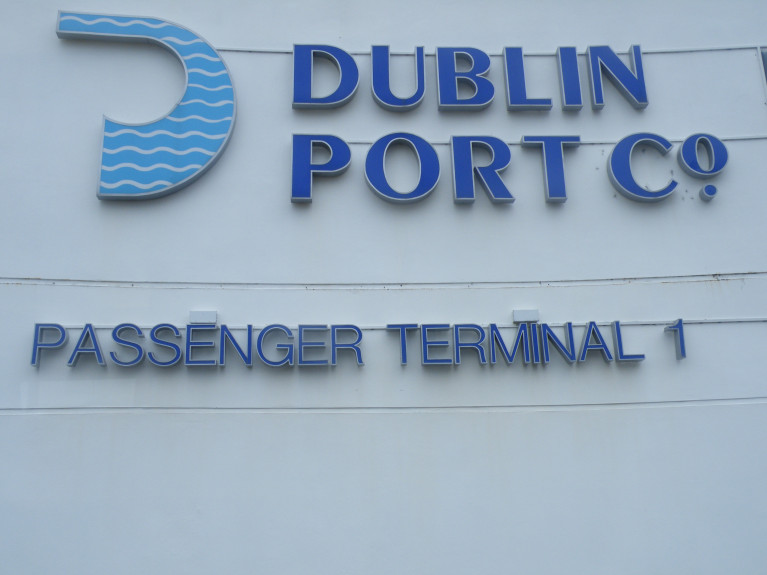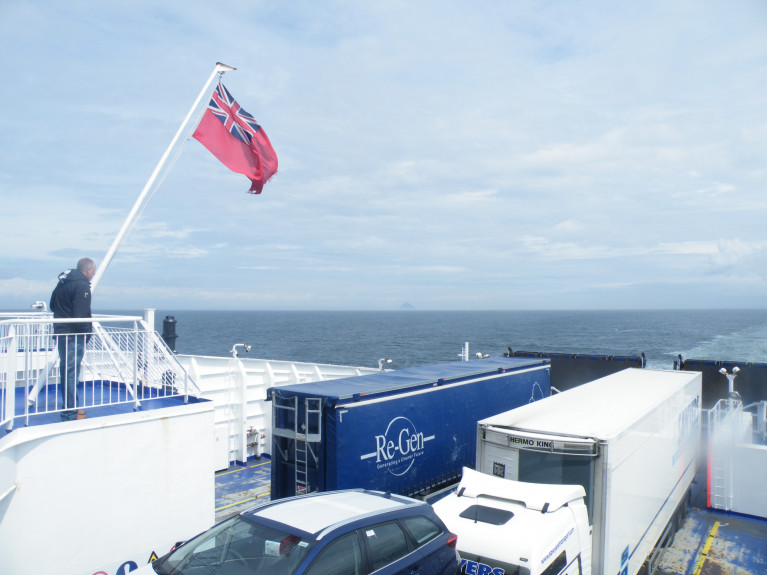Displaying items by tag: Ferryports
Travel Sees First Bookings Made for Mandatory Hotel Quarantine
There have been 26 bookings as of (yesterday) evening under the new mandatory hotel quarantine system.
Six of the bookings are for check-in in March, 15 are for April and five are for May.
The mandatory quarantine system is for 14 days and will come into force this Friday, (26 March) with the booking portal going live yesterday.
The rules will also apply to any passenger who arrives into the State without the required negative PCR test for Covid-19.
The cost for an incoming passenger coming from one of 33 designated states is €1,875 for 12 nights.
The day rate for those passengers will be €150.
For further reading, RTE reports here.
UK Ports Association Welcomes New Border Pragmatism
In the UK the British Ports Association has welcomed news that government will postpone its plans to introduce full border checks on traffic arriving from the EU for six months from January 2021.
This will be done for imports into the UK in three phases until July 2021.
Richard Ballantyne, the Chief Executive of the British Ports Association, who represents all the main ferry port gateways including Dover, Holyhead, Immingham and Portsmouth, said:
“This is welcome news. Across the board the freight industry has been telling government that it will not be ready. The risk of doing nothing could have led to issues for much of our trade with Europe, including severe congestion at ports. Delays and additional costs for freight operators get passed on and ultimately this sensible and pragmatic decision will mean British manufacturers and consumers are not faced with the increased expenditure, at least until a more formal border operating model is agreed by industry and Government.
Whilst the context of the Coronavirus pandemic means we have lost some time to prepare, the timescales were already challenging so a period of pragmatism will be helpful. There do remain questions about how Northern Irish traffic will be managed. Government must now speed up its work to agree a new long-lasting border operating model which ensures goods continue to flow between the UK and the EU and also between Britain and Northern Ireland.”
The Chancellor of the Duchy of Lancaster, Michael Gove, announced details of the extension which included arrangements for the funding of certain inland borders infrastructure. A new Border Operating Model should be published by July to outline what ports and businesses need to do to prepare. These measures are focussed on EU to Great Britain trade and there remain differences in approach for traffic between GB and Northern Ireland.































































